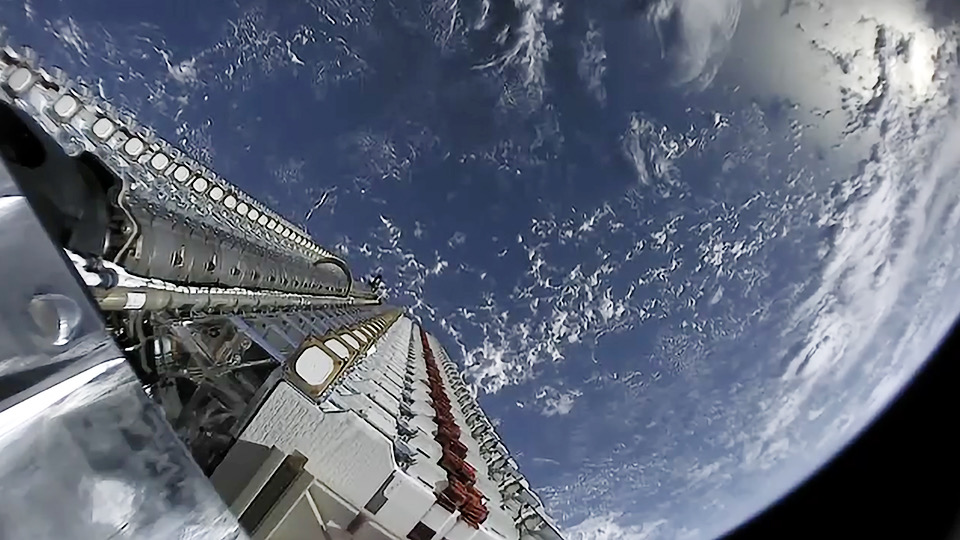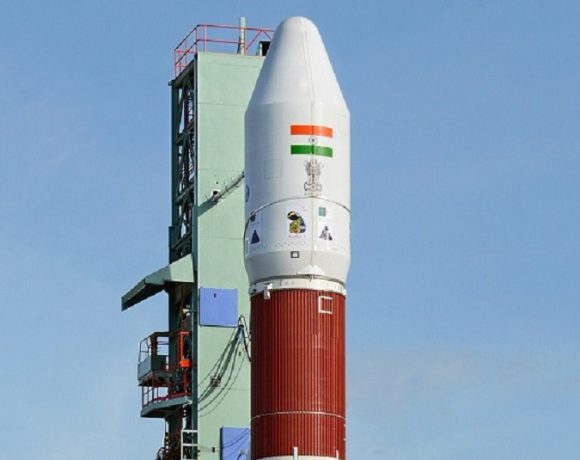
Starlink Nears IN-SPACe Approval for India’s Satcom License
Elon Musk’s Starlink is poised to receive approval from the Indian National Space Promotion and Authorization Centre (IN-SPACe) to launch satellite-based broadband services in India. The company has submitted the necessary details and agreed to comply with most provisions required for securing a Global Mobile Personal Communication by Satellite (GMPCS) license. However, certain security-related requirements are still under discussion.
Regulatory Steps and Compliance
A standing committee of IN-SPACe, comprising officials from the Home Ministry and the Department of Space, will review Starlink’s application. In addition to IN-SPACe’s approval, Starlink will need an operator’s license from the Department of Telecommunications (DoT) and spectrum allocation to commence services in the country.
While Starlink has agreed to the majority of key provisions for the GMPCS license, some points remain under negotiation. The company has requested certain relaxations, citing technical challenges in meeting specific conditions. The government is considering these requests to find a mutually agreeable solution.
Data Localization and Security Measures
As part of the licensing requirements, Starlink must adhere to India’s data localization policies, ensuring that all user data is stored within the country. Additionally, the company is required to establish mechanisms that allow lawful interception of communications by authorized agencies. These measures are crucial for addressing national security concerns and are standard for all telecom service providers operating in India.
Market Competition and Spectrum Allocation
The entry of global satellite service providers like Starlink has sparked a debate over spectrum allocation in India. Domestic telecom operators, including Reliance Jio and Bharti Airtel, advocate for spectrum allocation through auctions to ensure a level playing field. They express concerns that administrative allocation could favor satellite operators, potentially impacting the competitive landscape.
In response, the Telecom Regulatory Authority of India (TRAI) is evaluating the methodology for spectrum allocation and pricing for satellite services. The outcome will significantly influence the operational strategies of both domestic and international players in the Indian telecom sector.
Implications for India’s Broadband Landscape
Starlink’s potential entry into the Indian market could revolutionize broadband connectivity, especially in remote and underserved regions. Satellite-based internet services offer the promise of high-speed connectivity without the need for extensive ground infrastructure. This development aligns with India’s digital inclusion goals, aiming to bridge the digital divide and provide equitable access to information and services across the nation.
As Starlink moves closer to obtaining the necessary approvals, its collaboration with Indian authorities will be pivotal in shaping the future of satellite broadband services in the country.


















